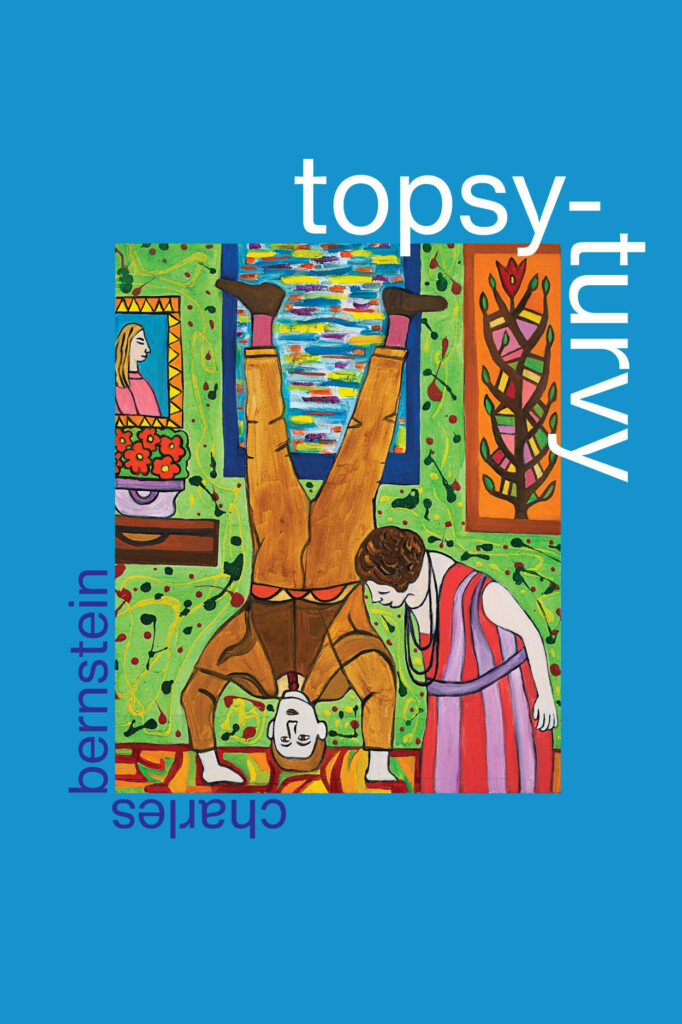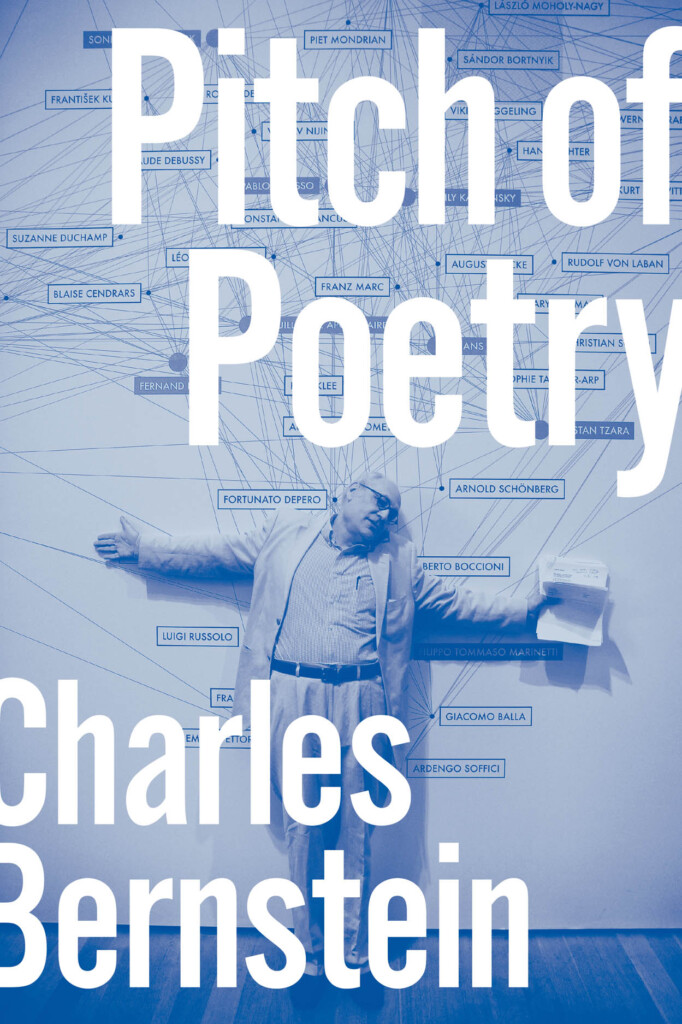Poet Charles Bernstein will read on Oct. 25 at 5 p.m.

The Dillon Johnston Writers Reading Series will present renowned poet, essayist, theorist, and scholar Charles Bernstein on Tuesday, October 25, 2022, at 5 p.m. in the Porter Byrum Welcome Center. A book signing and reception will follow.
This event is free and open to the public. No registration is required. For more information, contact Amy Catanzano at catanza@wfu.edu.
Charles Bernstein is the winner of Yale University’s Bollingen Prize for Poetry for Near/Miss (University of Chicago Press, 2018) and for lifetime achievement in American Poetry. Author of dozens of books—including the poetry collections Topsy-Turvy (Chicago, April 2021) and Pitch of Poetry (Chicago, 2016), essay collections, translations, collaborations, and libretti—his writing has been widely anthologized and translated. Bernstein is a founding member and leading practitioner of Language poetry, which denies the boundary between poetry and critical writing. Serious while also playful, irreverent, and humorous, Bernstein’s poetry combines the languages of politics, popular culture, advertising, literary jargon, corporate-speak, and more to show the ways in which language and culture are mutually constructive and interdependent. Bernstein is the Donald T. Regan Professor Emeritus of English and Comparative Literature at the University of Pennsylvania and co-founder of the Poetics Program at SUNY Buffalo.
More information about Bernstein at writing.upenn.edu/epc/authors/bernstein.
Recent Books by Charles Bernstein

Topsy-Turvy
University of Chicago Press, 2021
In his most expansive and unruly collection to date, the acclaimed poet Charles Bernstein gathers poems, both tiny and grand, that speak to a world turned upside down. Our time of “covidity,” as Bernstein calls it in one of the book’s most poignantly disarming works, is characterized in equal measure by the turbulence of both the body politic and the individual. Likewise, in Topsy-Turvy, novel and traditional forms jostle against one another: horoscopes, shanties, and elegies rub up against gags, pastorals, and feints; translations, songs, screenplays, and slapstick tangle deftly with commentaries, conundrums, psalms, and prayers.
Though Bernstein’s poems play with form, they incorporate a melancholy, even tragic, sensibility. This “cognitive dissidence,” as Bernstein calls it, is reflected in a lyrically explosive mix of pathos, comedy, and wit, though the reader is kept guessing which is which at almost every turn. Topsy-Turvy includes an ode to the New York City subway and a memorial for Harpers Ferry hero Shields Green, along with collaborations with artists Amy Sillman and Richard Tuttle. This collection is also full of other voices: Pessoa, Geeshie Wiley, Friedrich Rückert, and Rimbaud; Carlos Drummond, Virgil, and Brian Ferneyhough; and even Caudio Amberian, an imaginary first-century aphorist.
Bernstein didn’t set out to write a book about the pandemic, but these poems, performances, and translations are oddly prescient, marking a path through dark times with a politically engaged form of aesthetic resistance: We must “Continue / on, as / before, as / after.”

Pitch of Poetry
University of Chicago Press, 2016
Praised in recent years as a “calculating, improvisatory, essential poet” by Daisy Fried in the New York Times, Charles Bernstein is a leading voice in American literary theory. Pitch of Poetry is his irreverent guide to modernist and contemporary poetics.
Subjects range across Holocaust representation, Occupy Wall Street, and the figurative nature of abstract art. Detailed overviews of formally inventive work include essays on—or “pitches” for—a set of key poets, from Gertrude Stein and Robert Creeley to John Ashbery, Barbara Guest, Larry Eigner, and Leslie Scalapino. Bernstein also reveals the formative ideas behind the magazine L=A=N=G=U=A=G=E. The final section, published here for the first time, is a sweeping work on the poetics of stigma, perversity, and disability that is rooted in the thinking of Edgar Allan Poe, Emily Dickinson, Ralph Waldo Emerson, and William Blake.
Pitch of Poetry makes an exhilarating case for what Bernstein calls echopoetics: a poetry of call and response, reason and imagination, disfiguration and refiguration.
Categories: Department Events, Dillon Johnston Writers Reading Series
